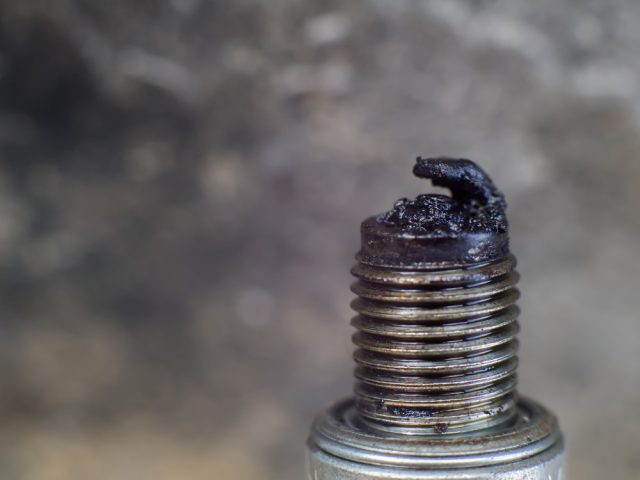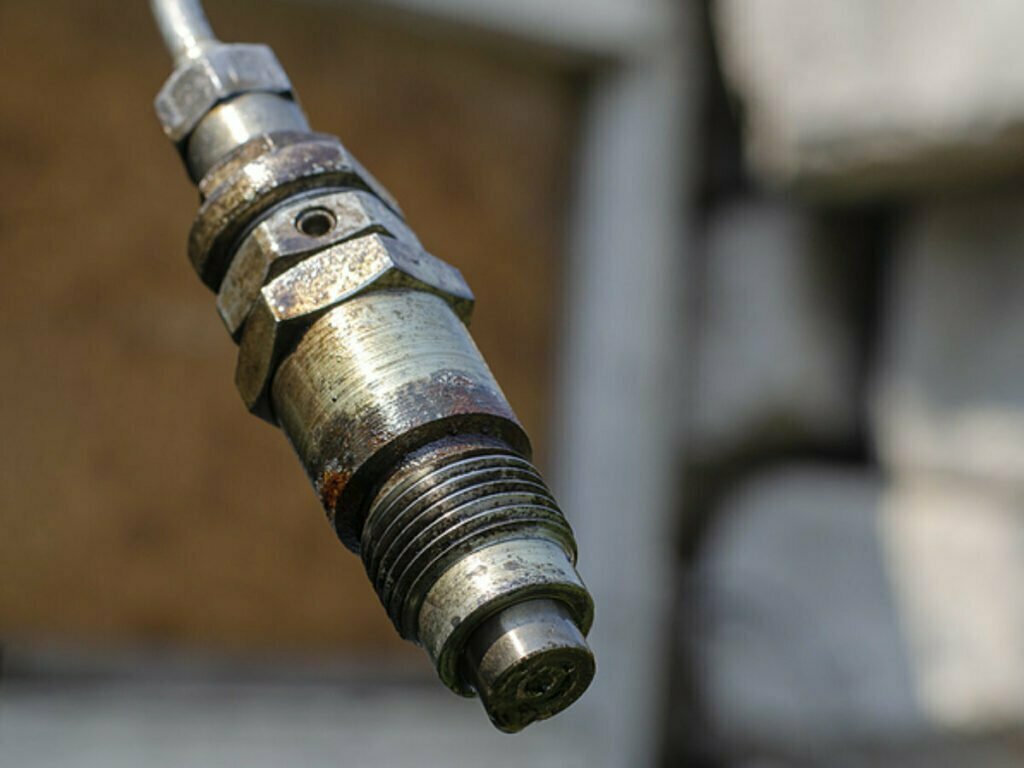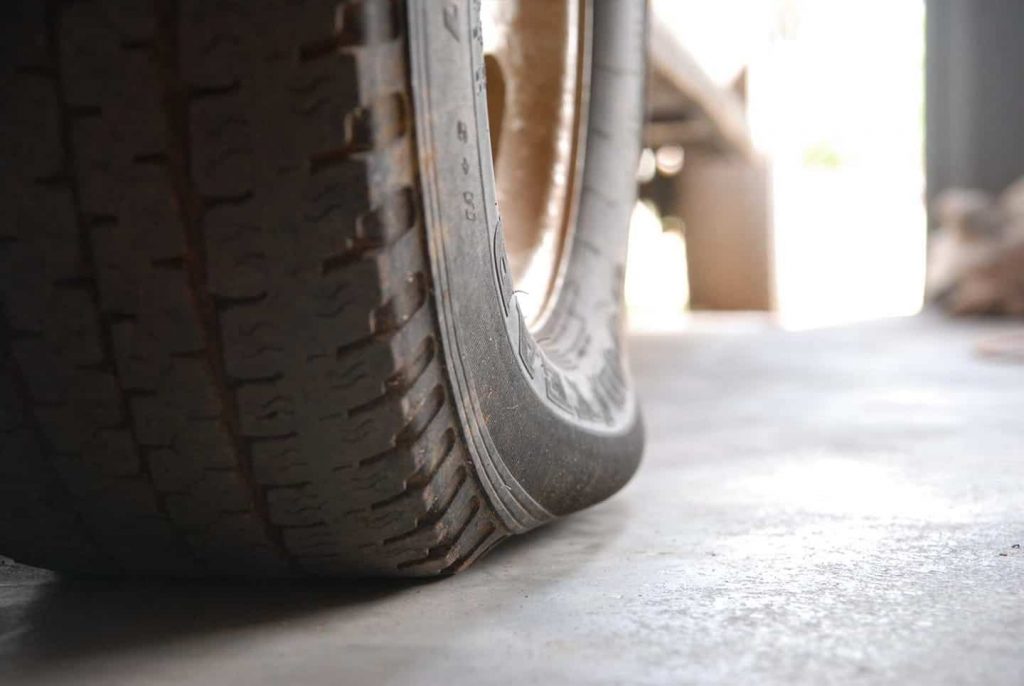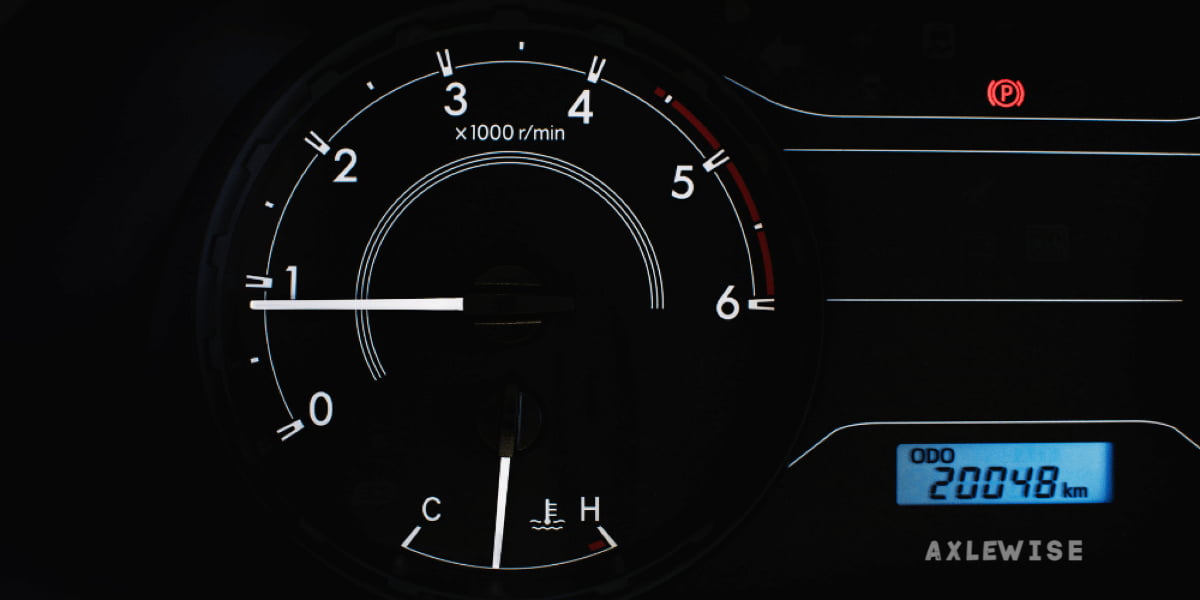Last updated on December 1st, 2022 at 07:09 pm
The revolution of the car has not ended yet. The current development of the automotive industry is remarkable, with the appearance of more and more advanced new products. The more advanced the product is, the more complicated the engine, which will lead to more complex problems. Here are the 10 most common causes of RPM fluctuation while driving.
Unless there is a problem, many people rarely pay attention to the RPMs. It is only natural to pay attention whenever the RPM changes while driving.
In this article, we look at the most typical reasons why your RPM changes while you’re driving. For a smoother drive, we also analyze how to determine the problem and resolve it.
What is car RPM and how does it work?

RPM stands for rotations per minute, and is a measure of how fast your car’s engine is spinning. The higher the RPM, the more power your engine is generating. Most engines have a redline, which is the maximum safe RPM for the engine. Going above this redline can cause damage to the engine.
To get an idea of how fast your engine is going, you can look at the tachometer, which is usually located on the dashboard. The needle on the tachometer will tell you what your current RPM is.
If you’re driving a manual transmission car, you’ll need to pay attention to your RPMs to know when to shift gears. shifting too early will make your car sluggish, while shifting too late can cause the engine to redline. There is a sweet spot in between these two extremes where your car will be running most efficiently.
10 Common Causes of RPM Fluctuation While Driving
1- Faulty Crankshaft Position Sensor
A faulty crankshaft position sensor can cause your car’s RPM to fluctuate while driving. Here is how you can fix the problem:
First, check the engine’s diagnostic codes to see if the crankshaft position sensor is the cause of the RPM fluctuation. If it is, then Replacing the Crankshaft Position Sensor will most likely fix the problem
Another possibility is check the crankshaft position sensor for any damage or debris. If there is debris blocking the sensor, clean it off so that the sensor can function
2- Faulty Spark Plugs

Faulty spark plugs can be the cause of RPM fluctuations while driving. If you’re experiencing this problem, there are a few potential solutions:
- Make sure your spark plugs are in good shape by checking them.
- Make sure all of your spark plug wires are securely connected.
- Try resetting your car’s computer by disconnecting the battery for a few minutes.
- If none of these solutions work, you may need to take your car to a mechanic to have it checked out.
3- Exhaust system leaks
If you notice your RPMs fluctuating while driving, it could be a sign that your exhaust system has a leak. Exhaust leaks can cause your engine to run less efficiently, and can even lead to damage if left unchecked.
If you think you might have an exhaust leak, the best thing to do is to take your car to a mechanic and have them take a look. They’ll be able to tell for sure whether or not you have a leak, and can help you get it fixed so you can get back on the road without worry.
4- Idle Air Control Valve problem
If you’re having issues with your Idle Air Control Valve (IACV) causing RPM fluctuations while driving, there are a few things you can do to fix the problem. First, check to make sure that the IACV is clean and free of any blockages. Next, check the IACV’s electrical connector for any loose or damaged wires. Finally, if all else fails, you may need to replace the IACV itself.
5- DIRTY OR CLOGGED Fuel Injectors

Dirty or clogged fuel injectors can cause RPM fluctuations while driving, but there is a solution to this problem!
If you notice that your RPMs are fluctuating while you’re driving, it’s likely that your fuel injectors are dirty or clogged. You can clean them yourself with a little time and effort, or you can take your car to a mechanic and have them do it for you. Either way, solving this problem will help your car run more smoothly and efficiently.
READ MORE IF YOU WANT TO FIX IT
6- Engine performance issues
If your engine is experiencing performance issues, it may cause your RPMs to fluctuate while you’re driving. Fortunately, there are a few things you can do to fix this problem. Start by checking the oil level and quality of your engine. If it’s low or dirty, topping it off or changing it may solve the issue. You may also want to check your air filter to make sure it isn’t dirty or clogged. A dirty or clogged air filter can restrict air flow and cause performance issues.
7- Vacuum Leaks
One potential cause of RPM fluctuations while driving is a vacuum leak. This can happen when there’s a hole or tear in the vacuum hose that connects to the engine. When this happens, air can enter the engine, causing the RPMs to fluctuate.
There are several ways to fix a vacuum leak, depending on the location and severity of the leak. In some cases, you may be able to simply replace the damaged hose with a new one. If the leak is more serious, you may need to have the engine checked by a mechanic to make sure there aren’t any other issues.
8- Incorrect wheel alignment
Incorrect wheel alignment is one possible cause of RPM fluctuations while driving. The solution to this problem is to have the wheels aligned by a professional.
9- Tire pressure that is too low or too high

It’s important to have the proper tire pressure when driving as too low or too high of tire pressure can cause RPM fluctuations. This can be very dangerous as it can lead to loss of control of the vehicle. The best way to avoid this is by checking your tire pressure often and keeping it at the manufacturer’s recommended level
10- Incorrectly adjusted brakes
Incorrectly adjusted brakes can cause RPM fluctuations while driving. The solution to this is to check your brakes regularly and adjust them as needed.
How to Fix RPM Fluctuation: A step by step guide
If you notice that your engine’s RPM is fluctuating while you’re driving, it’s important to fix the problem as soon as possible. Here is a step-by-step guide on how to fix RPM fluctuation:
- Check your engine’s oil level and quality. If the oil is low or dirty, it could be causing the RPM fluctuations.
- Inspect the spark plugs and wires. If they are damaged or worn, they could be causing the RPMs to fluctuate.
- Check the fuel system for leaks or restrictions. If there are any leaks or restrictions, they could be causing the RPMs to fluctuate.
- Have a professional mechanic check the engine for any other potential causes of RPM fluctuation.
FAQS About RPM Fluctuation
Q: How much RPM fluctuation is normal?
A: Fluctuations in RPM (revolutions per minute) are normal and to be expected. However, if the fluctuations are large or sudden, it could be an indication of a problem. If you notice your RPMs fluctuating more than usual, it’s a good idea to take your car to a mechanic to have it checked out.
Q: What is the ideal RPM for an engine while idling?
A: The answer to this question depends on the make and model of your car. However, most experts agree that the ideal RPM for an engine while idling is between 600 and 700.
Q: Why does my RPM go up and down on cold start?

A: There are a few reasons why your RPM (revolutions per minute) might fluctuate when you first start your car on a cold day. One reason could be that your battery is struggling to provide enough power to get the engine going. Another possibility is that your engine oil is thicker when it’s cold, so it takes a bit more effort for the engine to get going. Finally, it could also be that your spark plugs are less effective in cold weather, so they aren’t firing as efficiently as they could be. If you’re concerned about your RPM fluctuating,
Q: How much will it cost to repair engine RPM fluctuations?
A: This depends on the severity of the fluctuations and the cause. If the engine is experiencing severe RPM fluctuations, it may need to be replaced. However, if the cause is something less serious, like a clogged air filter, the repair may be fairly inexpensive.
Q: Can low RPM damage engine?
A: Low RPM can damage the engine if it is not properly maintained. If the oil level is low, it can cause the engine to overheat and seize up.
Q: What is best RPM to drive?
A: There’s no easy answer when it comes to finding the best RPM to drive at. Every car is different and will have different performance levels at different RPMs. It’s important to experiment with different speeds and find what works best for your car. A good place to start is by consulting your car’s owner’s manual – it will usually have some recommendations for what RPM range is best for your car. From there, it’s just a matter of trial and error until you find the sweet spot for your vehicle.
Q: What’s a healthy RPM for a car?
A: A car’s RPM stands for rotations per minute and it’s a good indicator of the car’s engine speed. A healthy RPM for a car depends on the car model, but it typically falls between 1,000 and 6,000 RPMs.
CONCLUSION
We hope you enjoyed our article about common causes for RPM Fluctuation While Driving. With this knowledge, we know that you can make the most of your driving experience, and know when to have your vehicle looked at by a mechanic to see if there is an underlying problem with your car. If you have any questions about the information in this blog, please feel free to contact us.
FOLLOW US
